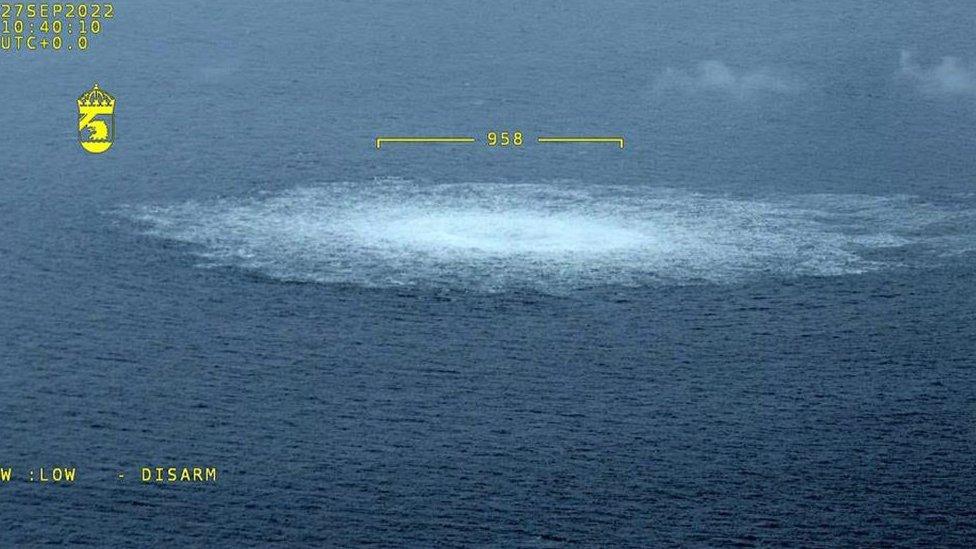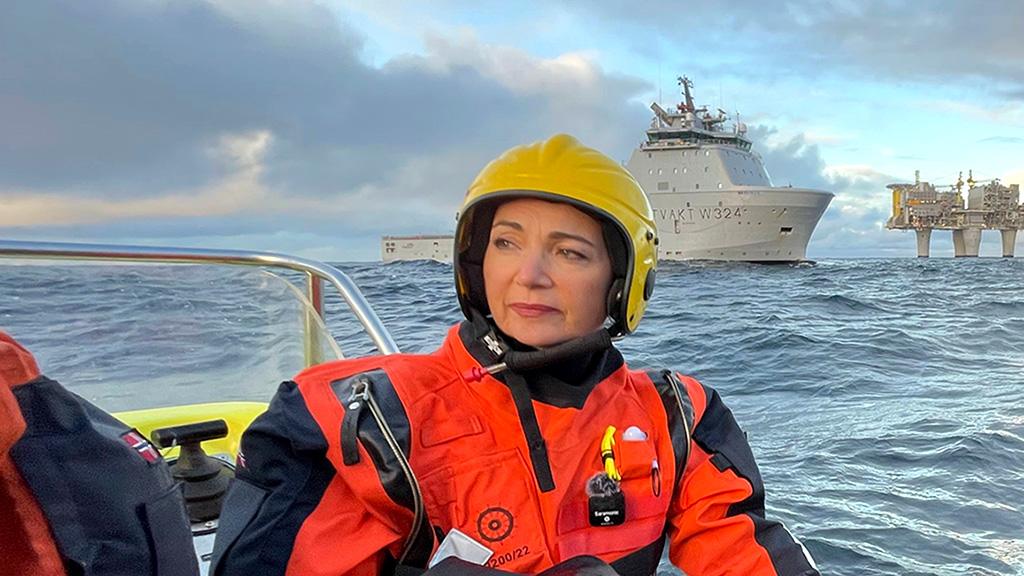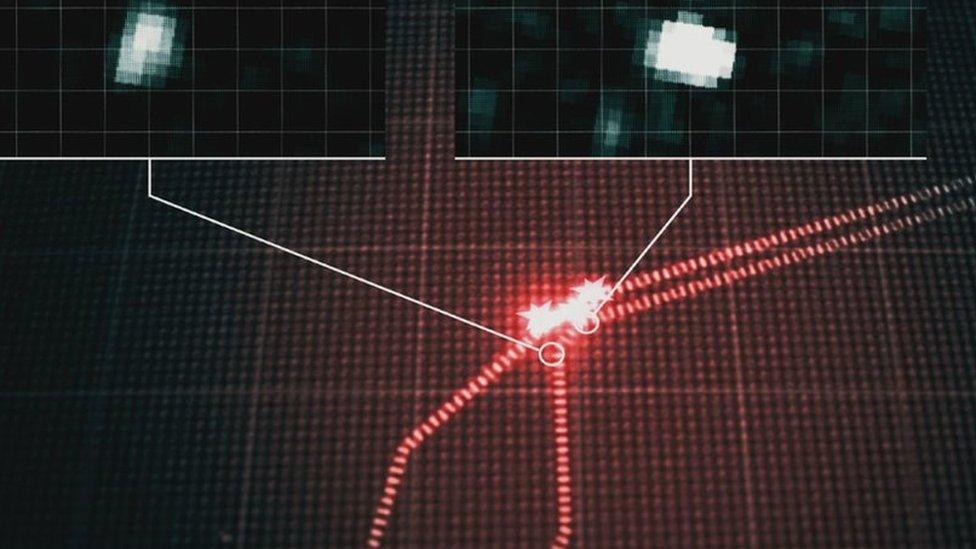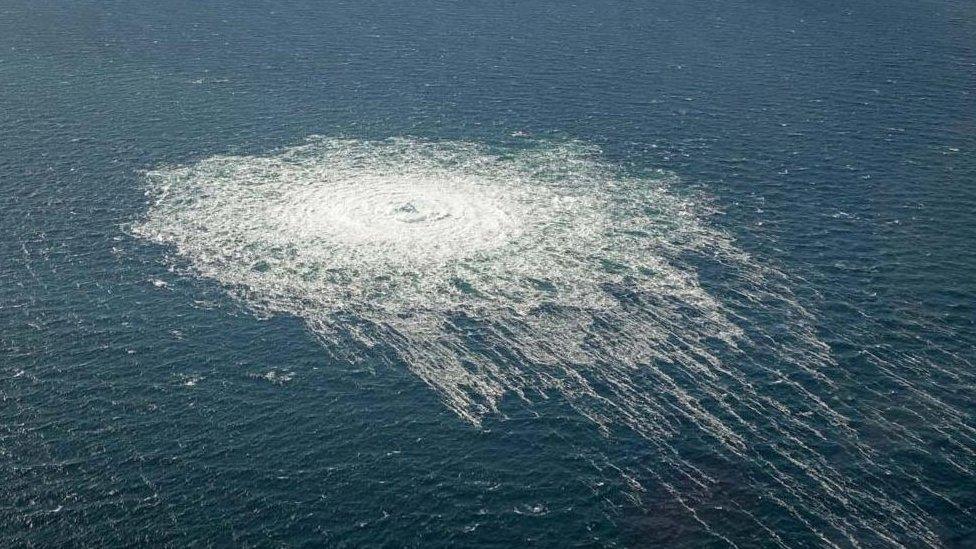Sweden shuts down Nord Stream blasts inquiry
- Published

The Nord Stream pipelines, blown up in September 2022, carried gas from the Russian coast to north-eastern Germany
Sweden's public prosecutor has closed an inquiry into underwater blasts that tore apart two pipelines carrying Russian gas to Germany after a 16-month investigation.
It is still unknown who blew up Nord Stream 1 and 2 in September 2022.
Prosecutor Mats Ljungqvist said the "primary purpose" had been to find out if Swedes were involved or if Swedish territory had been used.
He concluded that Swedish jurisdiction did not apply, external.
Swedish intelligence service Sapo said it had shared information it had gathered with other countries.
German and Danish authorities are still investigating the series of explosions that sabotaged three of the four gas lines east of the island of Bornholm in the Baltic Sea on 26 September 2022.
Commentators said the German inquiry could benefit from Stockholm's decision if Sapo had come up with additional information.
Sapo said the decision to shut down the inquiry was taken because it was considered "not possible for the Swedish authorities to pursue the matter further", external.
The pipelines had been built by Russia's gas giant Gazprom, although Nord Stream 2 was never used because Germany halted the project days after Russia's full-scale invasion of Ukraine in February 2022.
Russian ships were found to have been involved in suspicious movements in the area in the days and months leading up to the blasts. Moscow condemned the sabotage as a case of international terrorism, choosing instead to blame the US and UK.
There have also been suggestions that a pro-Ukrainian group might have plotted the attack, although Ukraine has denied any involvement.
Recent reports have focused on a yacht called the Andromeda carrying six people which was chartered in Germany and stopped off in Denmark and Poland before the blasts.
German Defence Minister Boris Pistorius warned last year that the Nord Stream blasts could have been a "false flag" operation to make it look as if Ukraine was to blame.
Underwater drone footage of the damage to the Nord Stream pipeline
Related topics
- Published18 November 2022

- Published3 May 2023

- Published8 March 2023
